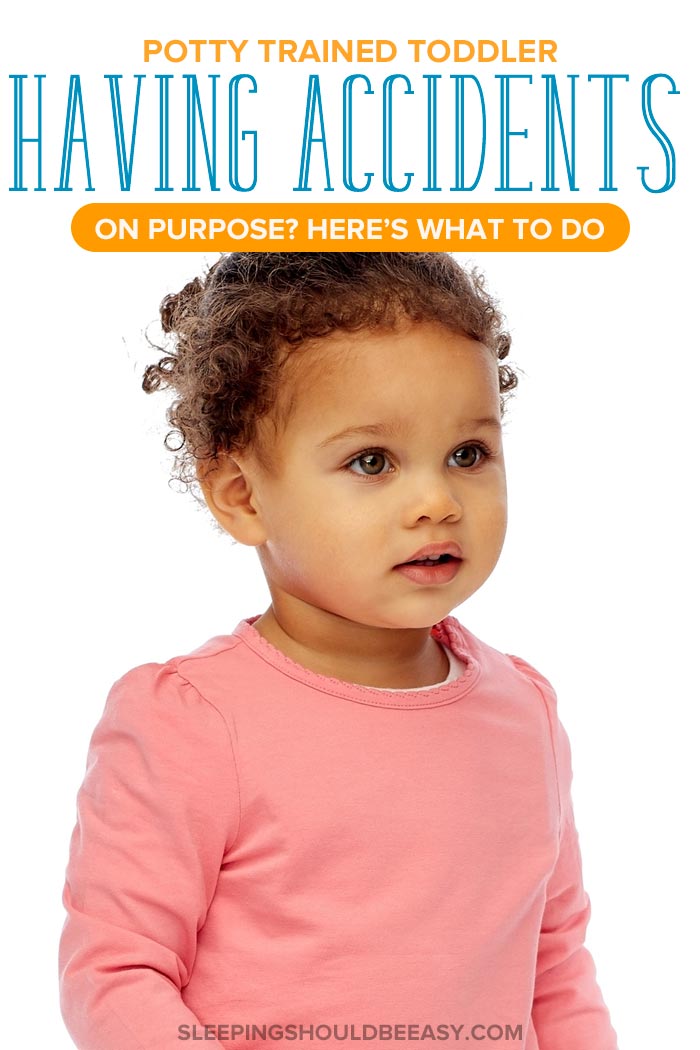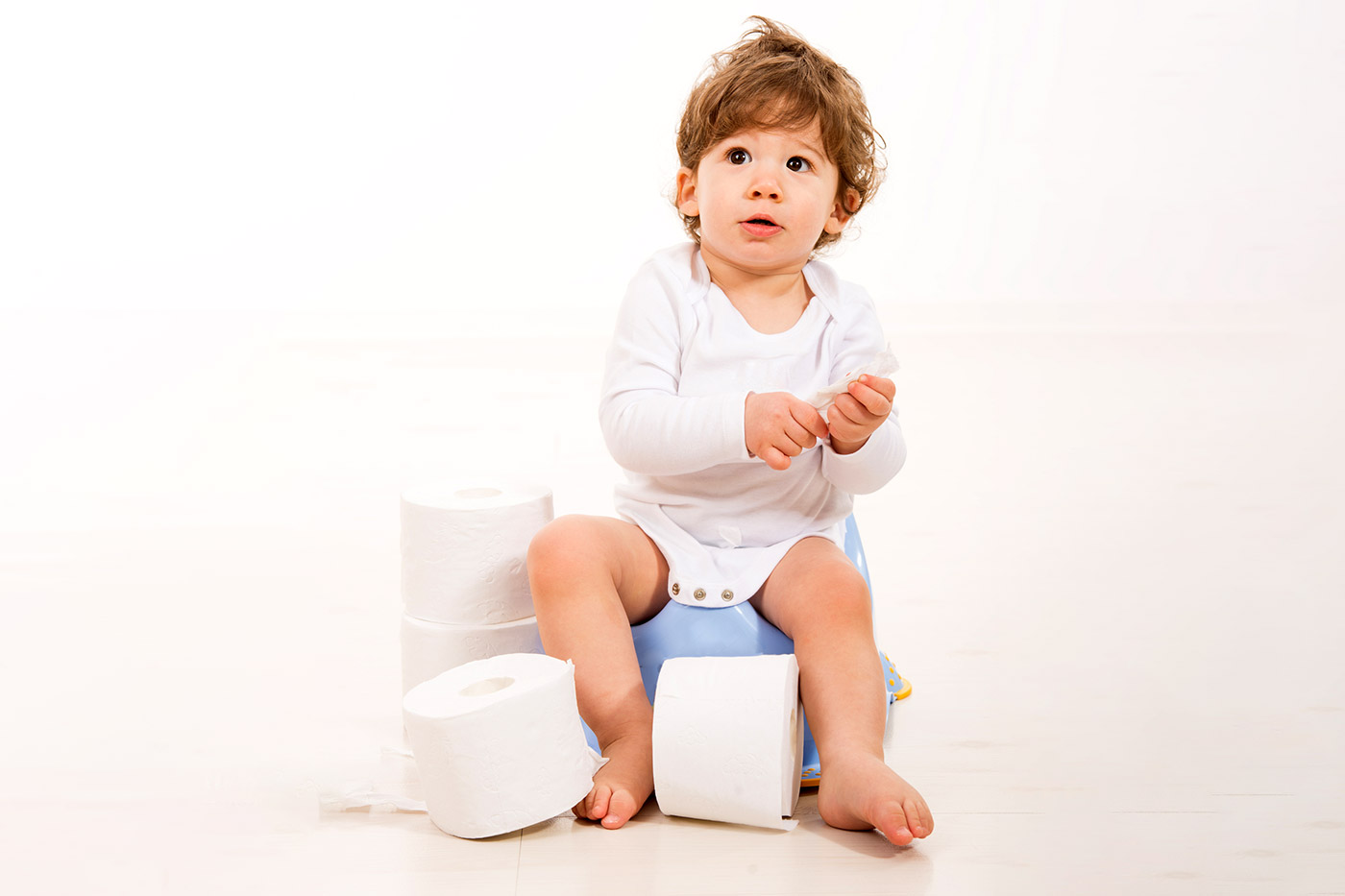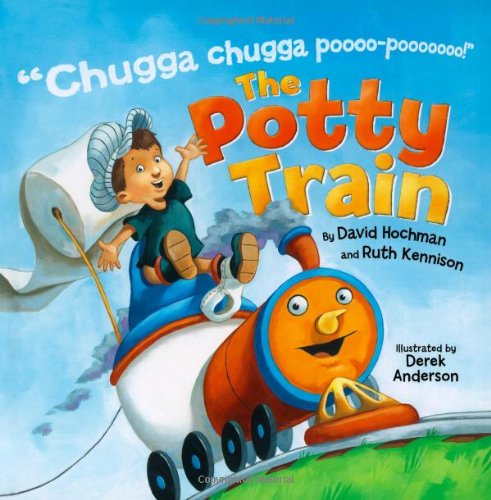Potty Trained Toddler Having Accidents on Purpose? Here’s What to Do
Wondering how to handle your potty trained toddler having accidents on purpose? Learn effective tips to stop accidents in their tracks.
 I thought my son had been doing so well with potty training for several weeks now, especially after only taking three days to master peeing in the potty.
I thought my son had been doing so well with potty training for several weeks now, especially after only taking three days to master peeing in the potty.
But for several days in a row, he had been having a lot of daytime accidents, making me doubt whether he truly was potty trained.
Sometimes, he wouldn’t tell me he needed to go potty, when he had done so before. Other times, he sits on the potty without peeing, only to pee urine all over the floor just minutes later.
The place varied as well, whether at home or out and about, and at all times of the day. Wetting his underwear had gotten worse, making me so frustrated and at my wit’s end.
My biggest concern? He didn’t seem to care that he had peed everywhere. How do you handle a potty trained toddler having accidents on purpose?
Table of Contents
Why potty training accidents happen
Perhaps you can relate. Maybe you’ve wondered how to fix this problem, or whether your toddler is just being stubborn. He doesn’t care that he’s having an accident, or isn’t motivated not to have them anymore.
You’ve even wondered whether you have unrealistic expectations or if his signs of readiness weren’t accurate. But first, let’s talk about a few reminders why this happens to begin with.
- Potty training is still an adjustment. It’s definitely not a straight learning process. Instead, think of a mountain graph on a chart, moving upward toward progress, but still with ups and downs.
- It’s hard to break old habits. He had also, for the first few years of his life, been used to peeing whenever and wherever. It’s not that he doesn’t care that he had an accident—he’s simply doing what he’s been so used to. This doesn’t make it right, but it does explain the confusion and why he reverts to old habits.
- Playing is more fun than sitting on the potty. Does he say “no” when you ask him to use the potty, only to have an accident a few minutes later while he’s playing? Compared to playing with his toys, sitting on a potty doesn’t seem like fun, so he’s going to choose the option that sounds more appealing.
- He’s too focused on something else. Do you find that he focuses a lot on an activity? He may be too focused on what he’s doing to realize that he needs to pee (or is even peeing in the moment).
- The pressure to pee doesn’t make it easier to go. He might be feeling the pressure of constant success. Your frustration is likely rubbing off on him, even in slight ways, like the split-second change in your facial expression. This pressure trickles down to his body, making it harder to pee on command. Think of your own bodily rhythms that don’t always follow the clock.
Free course: Want to potty train without the power struggles? Sign up for the 5-day email mini course, Peaceful Potty Training! No more putting unrealistic deadlines on your child or using rewards that eventually fizzle. Join now and potty train without frustrating power struggles.
You’ll also get my newsletters, which parents say they LOVE:
“Nina, you are the best! Your email course, newsletters, everything you do is of great help to me. Thank you!” -Angelica Genel
How to handle a potty trained toddler having accidents on purpose
No matter the reason, you feel like you’re going to lose it. When is it going to get better?
You’re definitely not alone. After I noticed frequent potty training accidents with my son, I looked for reasons that may have undone his progress. More importantly, I wanted to know how to course-correct so the accidents don’t happen as often.
And… it worked! After a while, the potty training accidents became fewer, and he was more conscious and careful about them.
The first place to check in is with your pediatrician. She’ll be able to rule out medical reasons or infections that could be causing the multiple accidents. If all is fine, take a look at a few tips to handle your potty trained toddler having accidents on purpose:
1. Stop the rewards
Like many parents, I followed the common advice of rewarding my son each time he successfully peed in the potty. While I didn’t go so far as rewarding him with candy or a sticker, I did hang a “Pee Pee Poster” in the bathroom. Each time he would pee, I’d draw a bright yellow star on the poster.
It worked—he saw all those stars and knew he was on the right track.
But after a while, as rewards tend to do, the stars fizzled. Drawing a yellow star wasn’t exciting anymore. Peeing in the potty became the norm, and with it, the stars.
It’s no wonder his disinterest in the stars coincided with the potty training accidents. Not only were the stars getting fewer with all the accidents, they were also not as exciting.
So, the poster stopped—and so did the accidents.
This is one of the reasons why we shouldn’t reward kids. We’re driven by rewards, but not for long, and not without having to up the ante each time the rewards lose their fizzle. Typical rewards make us rely on external sources of encouragement, instead of internal ones. We’re more driven by other people or items instead of the accomplishment we feel inside.
Besides stopping the rewards, offer your child descriptive praise whenever she uses the potty. Descriptive praise is different from evaluative praise. Describe what she has done, like, “You did it—you peed in the potty!”
Evaluative praise focuses on what other people think, which increases her reliance on others to feel good. It’s about what you think, which makes her value your opinion rather than her own.
2. Don’t label your child in negative ways
We have a dangerous habit of assigning labels to others and ourselves, and this is true with our kids. You might’ve thought your child was stubborn, defiant, or oblivious when it comes to potty training.
The problem with labels, though, is that we behave according to the stories we tell ourselves. The more we tell ourselves that our kids are one way, the harder it becomes to see them any other way. You can imagine the shame they might feel thinking that they can’t get potty training right.
Think about the last time you thought your child was stubborn about using the potty. Your attention zeroed in on his challenging behavior, reflecting in your demeanor and interaction with him. This, of course, only made him even more stubborn.
You’re also less likely to see when he isn’t being stubborn, overlooking the many times he has listened and complied. The more you focus on the negative, the more you’ll find those traits in him.
Instead, focus your attention on his positive traits and how he’s willing and capable of peeing in the potty.
And when he is acting stubborn, chalk it up to his behavior (his actions) and not so much his personality (the person he is). That way, he doesn’t identify with being a stubborn person, which is harder to change, but on making better choices.
Learn more about the downsides of labeling our kids.
3. Go back to the drawing board
Dealing with a potty trained toddler having accidents on purpose is hard because it feels like she should be past this stage already. You know she can pee in the potty and feel discouraged with accidents.
But a potty training setback is bound to happen. We ourselves experience setbacks when we’re learning something new or trying to reach a goal. Potty training accidents aren’t “proof” that she isn’t getting it or is behind.
Instead, go back to the starting point as if you were potty training from day one. If you used the 3-day potty training method, set aside a weekend once again to re-start the process. Prepare for accidents by placing towels around the house, and watch her more so you can expect her potty needs.
Setbacks sometimes mean you need to “re-train” again, but the good news is, it won’t take as long to adopt the habits the second time around. By starting from scratch, you reinforce the lessons she needs to relearn moving forward.
4. Watch your reaction
I like to say that kids don’t test us, they reflect us.
Your child picks up on your mood, from frustration to dread to discouragement. Remind yourself that potty training accidents are normal and inevitable, rather than scolding him for “not knowing better.”
Think of potty training regression in a bigger picture: no child ever gets potty training perfectly every time. They hit snags and stages of regression, just as we all do. In fact, focus less on the dread of cleanups and more on the potential learning your child is doing.
Better yet, use positive reinforcement: focus on the times he does pee on the potty while keeping your response neutral when he doesn’t. He’ll find that he gets more attention—a positive one at that—when he pees on the potty.
5. Take your child to the potty frequently
Frustrated when your child has potty training accidents just minutes after she said she didn’t need to use the potty?
Don’t wait until she asks to use the potty—take her often so she has a better chance of peeing in the potty instead of on the floor. You can even use a timer and set it to every 30 minutes to an hour for a potty break, so it feels more “official” than telling her what to do.
But don’t feel disappointed if most of these tries end up with no pee in the potty—you wouldn’t be able to pee either if you were to go this often. The point is to increase the chances of peeing in the potty through frequent trips.
And make potty use a regular part of the day. Routines give her the predictability she needs so she knows exactly what to do and when. You might use the potty after waking up, before leaving the house, after eating meals, or before bath time.
Get tips on what to do when your 4 year old won’t poop on potty.

6. Practice good potty training habits
After your child has been doing so well in the potty, it’s easy to forget all the habits you had established earlier on. Take a look at these effective tips and tricks to get him to use the potty well once again:
- Bring toys to the potty. This way, he doesn’t have to choose between playing and sitting on the potty. He’ll be less bored when he has something to keep him occupied in the bathroom.
- Move him to the potty the minute you see an accident. Don’t allow him to continue peeing on the floor—rush him to the bathroom and have him hold his pee until he reaches the potty. This way, you can correct him while it’s happening and reinforce the boundaries around peeing.
- Explain the consequences for potty accidents. While you don’t want to punish him, you do want to consistently explain the “real” consequences for potty accidents. That he now has to change undies, or that you have to clean up the mess instead of playing with him. (Discover consequences for kids that actually work.)
- Give him plenty of water. Seems counterproductive when you’re trying to avoid accidents, but this can help him pee something out, and pee more frequently.
Conclusion
Disclosure: This article contains affiliate links, which means I will earn a commission—at no extra cost to you—if you make a purchase.
Dealing with a potty trained toddler having accidents on purpose can be difficult. You thought you were past cleaning up the mess, and you wonder whether your child is even motivated to pee in the potty.
Rest assured, potty training accidents are common and expected—yes, even after he seemed to have mastered it already. But you can still do plenty to help him get back on track.
Stop rewarding with treats or a sticker chart, and instead rely on descriptive praise to encourage him along. Don’t label him in a negative way, as your thoughts color your expectations. Watch how you react to accidents, and stay positive about accomplishments (or at least neutral about accidents).
Take him to the potty frequently to increase the chances of peeing in the potty instead of on the floor. And if need be, start from scratch and re-train him once again.
Potty training accidents are never pleasant, but with these changes, you can help him get back on track—even without a “Pee Pee Poster.”
p.s. Take a look at The Potty Train by David Hochman, a fun children’s book all about getting kids excited to use the potty:
Get more tips:
- 5 Things to Remember when You’re Losing Your Temper with Your Toddler
- How to Potty Train Gradually
- How to Potty Train Twins: The Ultimate Guide
- 8 Simple Ways to Start Preparing for Potty Training
Don’t forget: Join my newsletter and sign up for Peaceful Potty Training:



